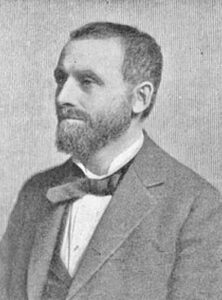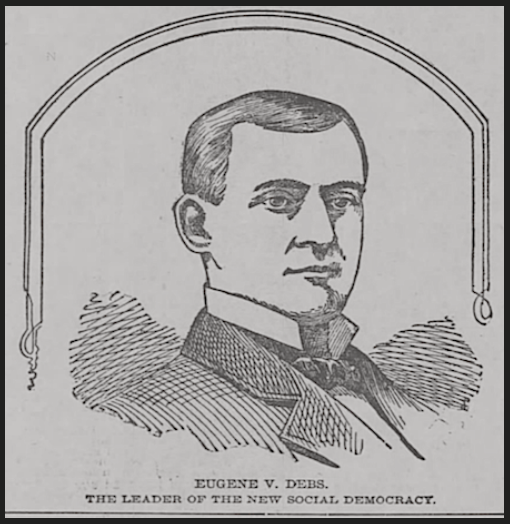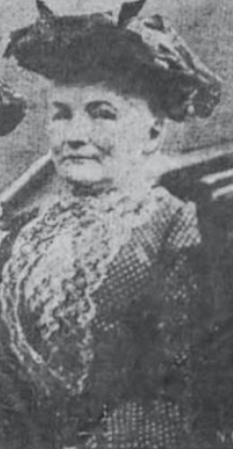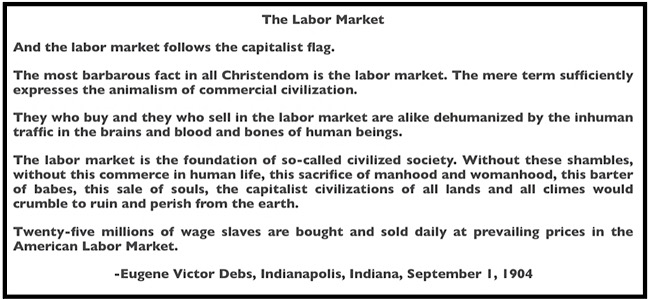 —————
—————
Hellraisers Journal – Sunday September 11, 1904
Indianapolis, Indiana – Debs Opens Campaign with Impassioned Address
From the Appeal to Reason of September 10, 1904:
Published in the Appeal we find the entire text of the speech made by Socialist Presidential Candidate, Eugene Debs, in Indianapolis, Indiana, on Thursday, September 1st. The article begins with a few notable quotes:
TOCSIN OF THE 1904 CAMPAIGN SOUNDED
———-In an Eloquent and Impassioned Address Before A Multitude of
Cheering People, Eugene V. Debs, Candidate for President of
the Socialist Ticket, Opened the Campaign at
Indianapolis, Indiana, Last Thursday.
SOME OF DEBS’ EPIGRAMS.
“Ignorance alone stands in the way of Socialist success.”
———-
“Capitalist parties stand for slavery and night; the Socialist party is the herald of Freedom and Light.”
———-
“The ballot of united labor expresses the people’s will, and the people’s will is the supreme law of a free nation.”
———-
“The divided vote of labor is the abuse at the ballot and the penalty is slavery and death.”
———-
“Labor has always been the mud-sill of the social fabric-is so now, and will be until the class struggle ends in class extinction and free society.”
———-
“These are stirring days for living man. The day of crisis is drawing near and Socialists are exerting all their power to prepare the people for it.”
———-
“The old order of society can survive but little longer. Socialism is next in order. The swelling minority sounds warning of the impending change. Soon that minority will be the majority, and then will come the Co-operative Commonwealth.”
———-
“The Socialist party comprehends the magnitude of its task and has the patience at preliminary defeat and the faith of ultimate victory.”
———-
“With faith and hope and courage we held our heads erect and with dauntless spirit marshal the working class for the search from capitalism to Socialism, from slavery to Freedom, from barbarism to Civilization.”
—————

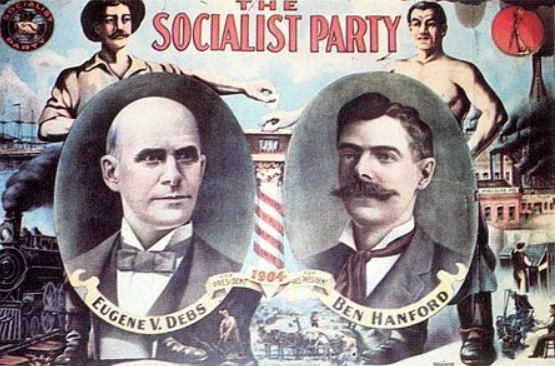
 —————-
—————-
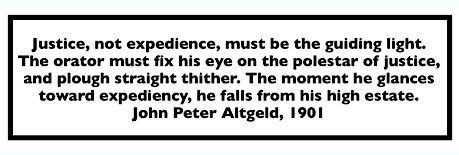 —————
—————